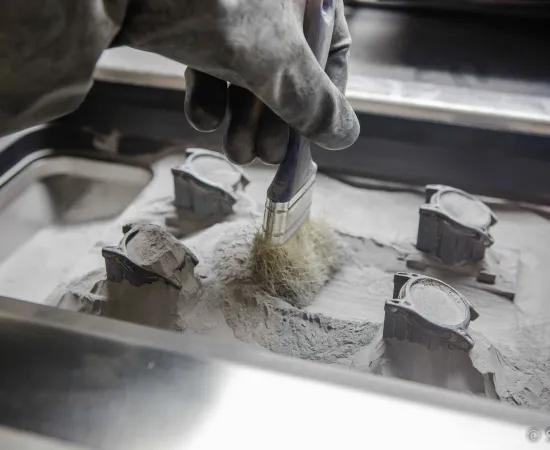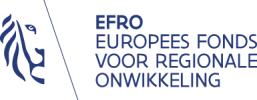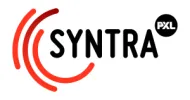
Integration of 3D metal printing
Additive or layer manufacturing technology, also known as 3D printing, has evolved in recent years from prototype status to actual industrial usability. Initially only polymers were printed, but today's technology makes it possible to print complex metal components.
The biggest challenge is to use the technology efficiently and truly make the most of it. That is why Sirris, in the context of the new ERDF project ‘Integration of 3D metal printing’ set up a complete production chain joining several state-of-the-art production technologies in its machine hall in Diepenbeek.
What to expect:
- A unique demonstration cell with 3D metal printing, five-axis milling, laser texturing, heat treatment, sandblasting and measurement technology.
- The possibility to gain experience based on your own product, with the right supervision.
- The possibility to analyse your product design and to add unique elements.
- Manufacturing steps after 3D printing will be taken into account.
- The possibility to exchange ideas with experts in 3D metal printing, milling, automation, etc.
This will allow you to take the right decisions:
- Conduct a post-calculation with a view to total cost of ownership (TCO)
- Make a comparison with traditional technologies
- Support your investment decision
Training 3D metal printing
SYNTRA Limburg develops a training about 3D metal printing, which should allow the new technology to be actually implemented in the industry. A successful implementation is not in the first place about the machine, everyone can buy it, but about the persons who will work with it. The new training will start in the autumn of 2018, when the new T2 campus opens.
Do you want to gain experience in 3D metal printing, get a first idea about the technology or attend a training? Let us know!
This project is supported, within the ERDF framework, by the European Union, the Flemish Government, Flanders Innovation & Entrepreneurship (VLAIO) and the Province of Limburg.
| Amount of support | |
| European Regional Development Fund | € 222.276,68 |
| Cofinanced by the Flemish minister of Economics - Hermes |
€ 55.569,17 |
|
Cofinanced by the Povince of Limburg |
€ 111.138,34 |
| Total cost | € 555.691,71 |



